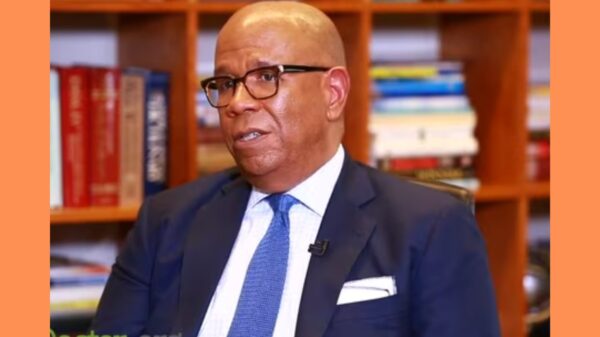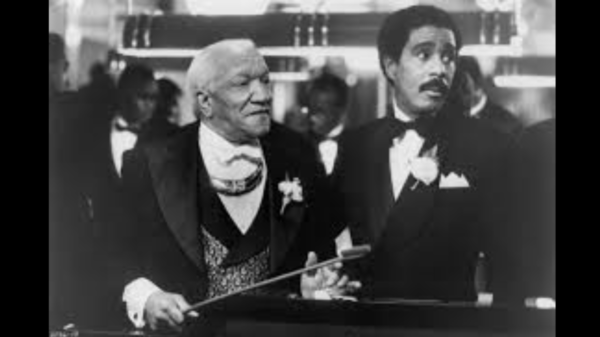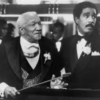
From Staff Reports
From – https://www.phillytrib.com/
Reprinted – by Texas Metro News
At a time when some politicians and pundits are seeking to revise and rewrite the past, it is more important than ever that we accurately learn U.S. history.
Considering recent efforts by some to distort the history of the Black American struggles for freedom and their contributions to the United States, it is especially relevant today that we learn Black History, which is American history.
In celebration of Black History Month, The Tribune has dedicated its annual Black History Month edition Sunday to the Reconstruction Era and its aftermath.
The supplement will cover the brief period known as Reconstruction that followed the Civil War and the attempt to rebuild the country in a racially egalitarian way.
During Reconstruction, Black Americans enjoyed a period when they were allowed to vote, actively participated in the political process, acquired the land of former owners and used public accommodations.
The Freedmen’s Bureau sought to oversee the transition from slavery to freedom and new civil rights bills defined all persons born in the United States as national citizens who were to enjoy equality before the law.
However, opponents of this progress soon rallied against the former slaves’ freedoms and began to find means for eroding these gains including enacting black codes, laws that severely restricted the rights of Black Americans.
The fall of Reconstruction lead to the rise of Jim Crow. Mob terror, fraud and intimidation were used against Black voters to retake state power from reformers.
In the New York Times Magazine’s 1619 Project, Bryan Stevenson, the executive director of the Equal Justice Initiative, explained how Reconstruction was undermined.
“During Reconstruction, the emergence of black elected officials and entrepreneurs was countered by convict leasing, a scheme in which white policymakers invented offenses used to target black people: vagrancy, loitering, being a group of black people out after dark, seeking employment without a note from a former enslaver. The imprisoned were then ‘leased’ to businesses and farms, where they labored under brutal conditions.”
Some including New York Times columnist Charles Blow have argued that former President Donald Trump and other far right Republicans are bringing forth another racial backlash similar to what happened during Reconstruction.
“I now believe that we are in the early phase of yet another backlash, with the dismantling of affirmative action, governmental attacks on the teaching of Black history and the full-court press on the political right to get rid of Diversity, Equity and Inclusion initiatives,” Blow wrote.
“The symbolic alignment of a cross-section of Americans, particularly the young, with Black liberty and Black lives after the murder of George Floyd and the wave of protests that it brought forth, retreated with the speed of the tide before the advance of the tsunami.”
Others argue that Blow’s view is an exaggerated response to a new populist conservative movement.
What it is certain is that history can provide better understanding of the present and future.









You must be logged in to post a comment Login